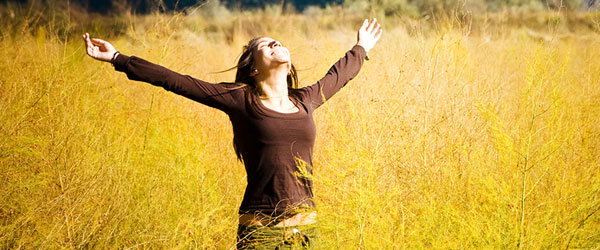
A couple of weeks ago, I wrote about loving those moments in a novel when a character is seen, truly seen for who they really are, by an unlikely character — those moments when there is evidence of deep and abiding love and understanding.
There’s a flipside to being seen, and that’s allowing yourself to be seen.
A TED talk by Brene Brown has been floating around a lot this weekend, shared on FB by multiple and unrelated friends. It’s about what a researcher was dragged, kicking and screaming by her research, to discovering was the bedrock of human connection: vulnerability.
She talks about how we are our own worst enemy when it comes to connection. We deny uncomfortable truths or emotions. We try to numb those things that make us feel vulnerable and wind up numbing all emotions. We work to perfect the imperfectible. We turn a mere vulnerability into an occasion for shame, which spirals us tighter and tighter into ourselves and farther and farther away from God and others. (This last one isn’t entirely from the talk, but from a book I read in college: Shame: The Power of Caring, by Gershen Kaufman.) We do not believe we are worthy of love and belonging.
I think back to every small group I’ve been involved with — whether it’s Bible study, house church, or book club — and I can pinpoint the moment someone was vulnerable enough to tell the truth about his or her life. Those moments changed each of those groups forever. After that, there was no need to put the shiny face on. No need to mince around and almost say what was going on. We could be real, because someone had the courage to be real first. Someone admitted that things weren’t perfect and were vulnerable enough to show that this bothered them without trying to laugh it off or put it into humorous context. Someone admitted that they made an error of judgment and asked forgiveness for it.
I can pinpoint that moment in a number of friendships. Someone who was really irritating the living daylights out of me told me she was lonely. Flat out. I was lonely, too. And we became friends in that instant, because she was, for the first time, a person to me. I took it as a sign that I told things about myself to my now-husband after two weeks of dating that I’d been afraid to tell a boyfriend of a year: I had the courage and the trust in him to let him see me.
None of those groups or relationships would have been so deep and meaningful if someone hadn’t had the courage to allow him/herself to be seen, bruises and warts and tears and snot running down the face and all. Those moments let the group live wholeheartedly.
That’s Brown’s phrase for how people live who do not deny or run away from their vulnerability. The wholehearted. They experience human connection because they believe they are worth of love and belonging. They love with their whole hearts, with no guarantees. They are compassionate both to others and to themselves. That sounds good. Really good.
I needed to hear this, need to practice allowing myself to be seen more often.
I’d rather live wholeheartedly than half-assedly. I need to pray for courage.
Used by permission.
Original post can be found HERE.




Wonderful! sometimes when you join a group (ie Down Syndrome Support Group) you have vulnerability assumed and understood. it is a lot harder in real life! 🙂
Great observation, Grace — there are groups in which vulnerability is assumed and understood and everyone has come there because of a vulnerability. We’re a lot more protective in real life.